
An Expert Guide To Keeping Your Hormones Balanced
Tune Into Your Body
Imbalanced hormones can manifest in various ways – it could be an irregular cycle, perimenopausal symptoms, acne, weight issues or fertility challenges. Our hormones are a delicate balancing act. They’re directly influenced by the food we eat, the exercise we do (or don’t do), how much restorative sleep we get, our stress levels and our exposure to toxins. The problem is, even a small imbalance left untreated over time can cause issues. It can be useful to think of our hormones being like an orchestra playing a symphony. When each instrument is in tune, the result is beautiful, flowing music, but when one is out, it creates chaos. In the same way, when one of our hormones is out of whack, it has a knock-on effect.
Don’t Skip Meals
Avoid skipping meals or intermittent fasting, as these habits can signal to your body that resources are scarce, leading to disruptions like missed ovulation and heightened cortisol. Instead, nourish yourself with whole, unprocessed foods to signal abundance, promoting optimal hormone production. Aim for three balanced, high-protein, high-fibre meals a day, eaten at regular times. Start your day with a protein-rich breakfast within an hour of waking. A healthy gut microbiome is also crucial, as it produces mood-regulating hormones like dopamine and serotonin while metabolising oestrogen. Include foods like broccoli, kale and cauliflower, all of which are rich in compounds that aid oestrogen metabolism – an essential pillar of hormone health.
Eat More Healthy Fats
Healthy fats are vital for optimal hormone function. Research shows they encourage ovulation and progesterone production, creating a more balanced cycle. Each meal is an opportunity to fuel your hormones – drizzle olive oil over salads, add seeds to your morning smoothie and snack on almonds. Consider seed cycling – a natural way to support hormonal health by rotating specific seeds during different phases of the menstrual cycle. By consuming flax, pumpkin, sesame and sunflower seeds at certain points throughout your cycle, you can support balanced levels of oestrogen and progesterone. These seeds are packed with fibre, essential fats, zinc, magnesium and antioxidants that not only nourish the body but also increase progesterone and improve blood flow to the uterus.
Cut Back On Toxins
Minimising your exposure to endocrine disruptors is essential for happier hormones. Endocrine disruptors are chemicals or compounds that interfere with the way hormones work. Some trick the body into thinking they are hormones, while others block our natural hormones from carrying out their jobs. Your body naturally detoxes hormones through the liver, but lifestyle choices can enhance this process. Eating more fibre is a good place to start – high-fibre foods like oats, flaxseeds and apples aid digestion and elimination. I also recommend washing your fruit and vegetables – this is something I do every week. Add your produce to a clean sink filled with fresh water, pour in one part apple cider vinegar to three parts water, then use a vegetable brush to gently brush each piece and allow to soak for ten minutes. Remove from the skink and dry using a tea towel, before transferring into glass containers, not plastic. I use Air Out glass containers, which have been designed to keep food fresher for longer.
Get On Top Of Stress
Living in a chronic state of fight or flight wreaks havoc on your hormonal system, making stress management non-negotiable. Personal experience has shown me that a combination of poor diet and extreme exercise left my nervous system unregulated, leading to debilitating anxiety, panic attacks and disrupted fertility in my 20s. Chronic stress depletes progesterone (the precursor to cortisol), creating an oestrogen imbalance. To combat this, include complex carbohydrates like sweet potato, brown rice and buckwheat in your evening meals – they boost serotonin and GABA, which promote restful sleep and reduce anxiety. Also, carve out time daily for self-care, whether it’s meditation, breathwork, sound baths or reading.
Soak In Sunlight
Morning sunlight is transformative for hormone balance. Exposure to natural light early in the day resets your internal clock, enhances sleep quality, regulates mood and reduces anxiety, depression and insomnia. Allow your eyes to soak in the sunlight – without sunglasses – for five to ten minutes to stimulate serotonin production.
Nourish Your Body Throughout Your Cycle
The more you look after yourself during your period, the better you’ll feel for the rest of your cycle. Digestion is at its weakest during your period, so opt for warming meals that are easy to digest – think soups, stews and curries – and pack in plenty of anti-inflammatory herbs like rosemary, garlic and ginger to prevent cramping. Avoid cold and raw foods during your period and eat plenty of iron and zinc-rich foods to restore and replenish lost stores – legumes and lentils, grass-fed meat, leafy greens, beetroot and cacao. Similarly, think about how you exercise. Hormones naturally fluctuate throughout the menstrual cycle, and aligning your movement to these changes can be incredibly supportive. During the luteal and menstrual phases – when hormones dip and energy is often lower – restorative activities like yoga, gentle Pilates, or walks in nature can be more beneficial than intense workouts. These activities honour your body’s need for nourishment and prevent depletion, as this is the time when more energy is used for metabolic processes.
Track Ovulation
Tracking ovulation isn’t just for those trying to conceive – it’s an indicator of overall hormonal health. Ovulation signifies sufficient progesterone production, essential for balance. Keep in mind that having a regular period doesn’t always mean you ovulate, and missing one month doesn’t mean you’ll skip the next. Our bodies adapt quickly and positively to nourishment, so if you’re not ovulating, make sure you’re fuelling your body with plenty of healthy carbs and fats, which are crucial for hormone production.
Supplement Wisely
Prioritise food, but supplements can help fill gaps in your diet. Start with vitamin D, which is key for supporting ovulation and immunity. Most people in the UK need a daily supplement, especially in winter. Magnesium – known as the ‘anti-stress mineral’ – is essential for combating PMS and improving sleep.
Take Time To Unwind
Investing in your evening routine by doing things that soothe your nervous system will help you unwind and increase your chances of getting the restorative sleep your mind and body need. How I end my day has a profound impact on my sleep quality and the energy I have when I wake up. An Epsom salt bath is a great way to replenish magnesium stores zapped by a busy lifestyle, while five minutes of a brain dump in a journal can be a game-changer when it comes to clearing an active mind. Lying with your legs up against the wall for 15 minutes is also a great hormone-supporting habit – it not only promotes lymphatic drainage but also settles the nervous system to aid deep sleep.
The Hormone Balance Handbook is available now.
For more, follow @JESSICASHAND_
Shop Jess’s hormone balance toolkit here…
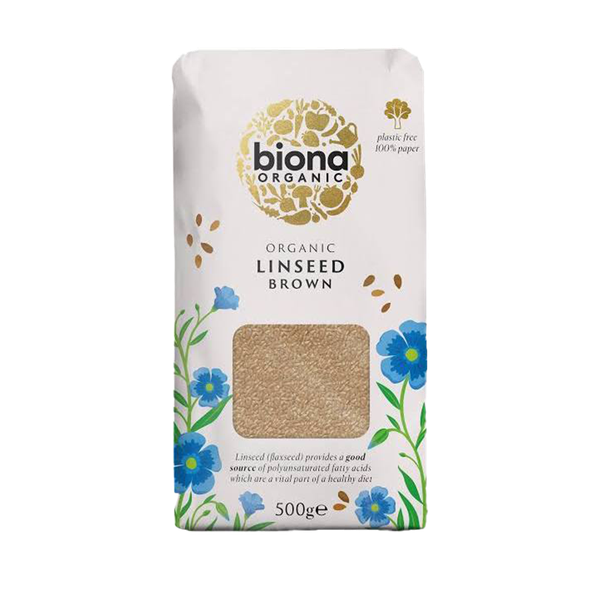


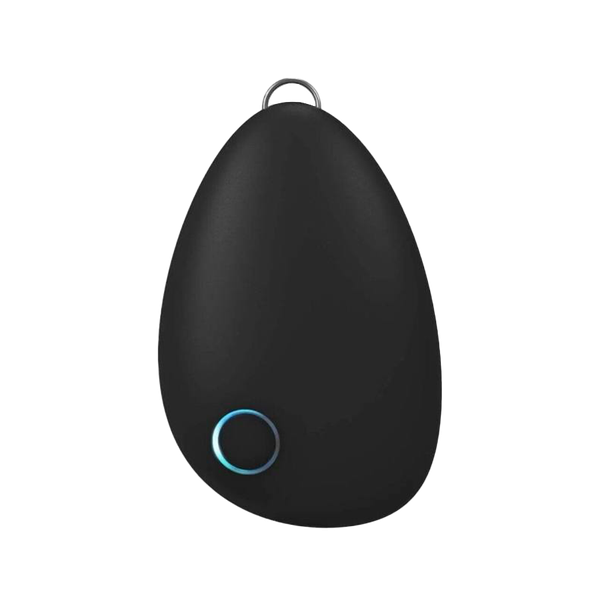
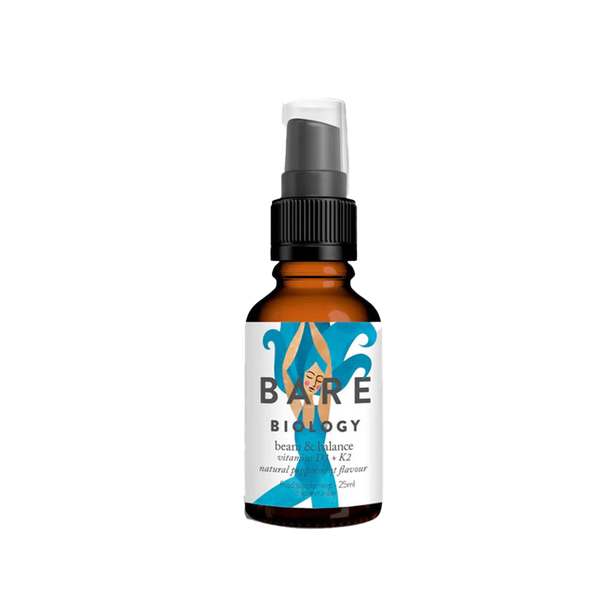
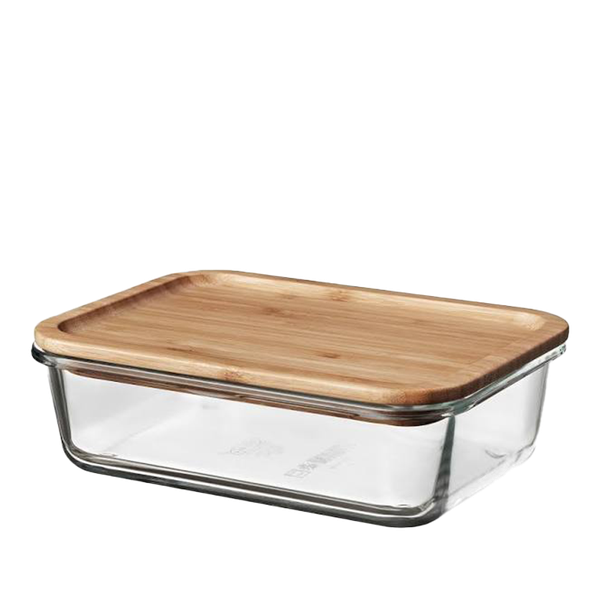
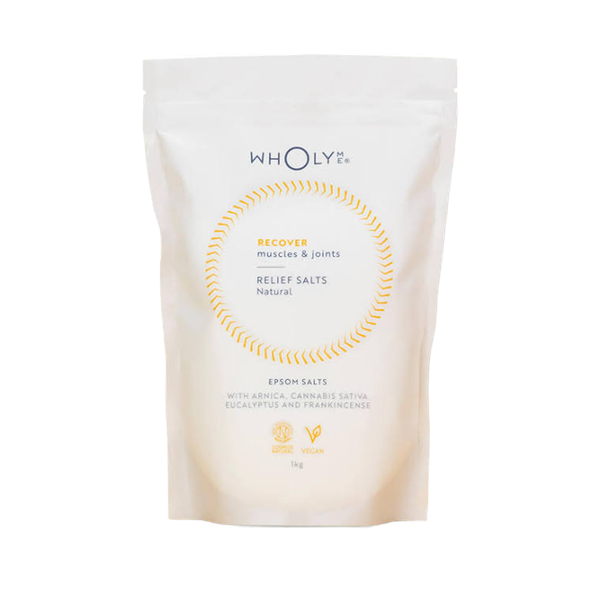
DISCLAIMER: We endeavour to always credit the correct original source of every image we use. If you think a credit may be incorrect, please contact us at info@sheerluxe.com.




